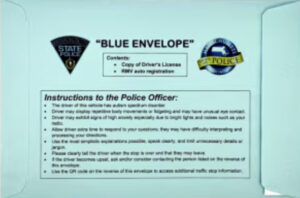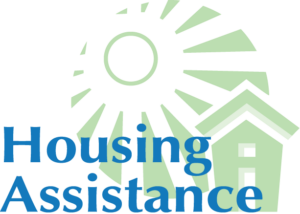 HYANNIS – All blood pressure medications work slightly differently to reduce blood pressure, but two classes of medications have recently come under fire. A new study of more than 10,500 patients done at the Intermountain Medical Center Heart Institute in Salt Lake City, Utah, has found that individuals with hypertension who take alpha blockers and alpha-2 agonists to control their blood pressure showed an increase in blood pressure variability, putting them at risk for problems down the road.
HYANNIS – All blood pressure medications work slightly differently to reduce blood pressure, but two classes of medications have recently come under fire. A new study of more than 10,500 patients done at the Intermountain Medical Center Heart Institute in Salt Lake City, Utah, has found that individuals with hypertension who take alpha blockers and alpha-2 agonists to control their blood pressure showed an increase in blood pressure variability, putting them at risk for problems down the road.
The findings were presented at the 2018 American College of Cardiology Scientific Sessions held in Orlando, Florida in March, by lead author Brian Clements, DO, and his research team. As a result of the study, Dr. Clements recommended that doctors prescribe other medications that are known to work well, such as ace inhibitors, angiotensin receptor blockers, calcium channel blockers and thiazide diuretics.
Luckily the two drugs implicated in the study are not first line drugs for the treatment of blood pressure, according to Angela Medeiros, director of the retail pharmacy at Cape Cod Hospital. The other medications that Dr. Clements recommended are much more commonly prescribed. But patients with high blood pressure should remain vigilant for other problems with blood pressure medications that are either not working effectively or interacting with something else.
“There are a lot of factors that can impact blood pressure,” Medeiros said. “At the end of the day, the take-home message is that patients should be their own advocates. They should be monitoring their blood pressure at home. They should keep an up-to-date list of all their medications and share that list with all the different healthcare specialists they may see along the way in addition to their primary care provider.”
After Hospitalization
One time that extra vigilance is important is after a visit to the hospital, Medeiros said. Sometimes patients are prescribed similar, but not exact, medications during their stay. That can lead to some patients unwittingly taking two drugs in the same class when they really only need one. Hospitalists at Cape Cod Hospital and Falmouth Hospital explain newly prescribed medications to patients. Newly prescribed medications can be filled before leaving the hospital, through the hospitals’ Meds to Go program, according to Medeiros.
After every hospitalization it’s important to check-in with your primary care doctor or pharmacist to review medications.
Medeiros also recommends staying current on your blood work, because sometimes interactions with blood pressure medications and supplements, or even food, can cause increased potassium, which would be easily missed without a blood test. In extreme cases, increased potassium can cause dangerous changes to your heart rhythm.
“Keeping your medication list up to date, seeing a doctor habitually, monitoring your blood pressure and getting your blood work done regularly are all good habits that can prevent unwanted complications,” Medeiros said.
Some of the most dangerous potential interactions can occur between a prescription and over-the-counter medications or supplements because they are not on your doctor’s or pharmacist’s radar unless you inform them you are taking them.
“With high blood, some of the ingredients that you want to stay away from are found in general cough and cold medications,” she said. “They can actually be dangerous, for instance, anything with Sudafed in it should be avoided.”
Supplements and OTC Meds
Medeiros also recommended against taking any NSAIDs on a regular basis because they can increase blood pressure. Acetaminophen is a good alternative to treat pain and will not negatively impact your blood pressure.
“Especially as you age, your body is more susceptible to some of these dangerous side effects when you mix things,” she said. “A lot of people think that dietary supplements and herbals are safe because they are all natural and that may be the case, but sometimes they do have the potential to interact with prescriptions or increase your blood pressure.”
Anyone with high blood pressure should always avoid herbs like ma huang and bitter orange, she said. Baltimore Orioles pitcher Steve Bechler died of heat stroke while taking ephedra, which occurs naturally in ma huang. Ephedra can cause quickened heart beat and high blood pressure. Bitter orange also increases blood pressure, which can lead to heart attacks.
Even food can cause problems. Grapefruit and pomegranate juices can interact with many drugs, either increasing or decreasing the effectiveness of the drug by changing the concentration of the drug in the bloodstream said Medeiros.
There are plenty of bad interactions that can occur between prescription drugs, but pharmacists have reliable tools to ensure that does not happen, especially if you always fill your prescriptions at the same pharmacy. Patients can also double-check interactions for themselves using the interactive tool at drugs.com, Medeiros said.
“You can enter all the drugs you are on and then it will do a little check for you,” she said. “Then of course, before you make any changes, I would recommend that you discuss your therapy further with your doctor and pharmacist.”






















